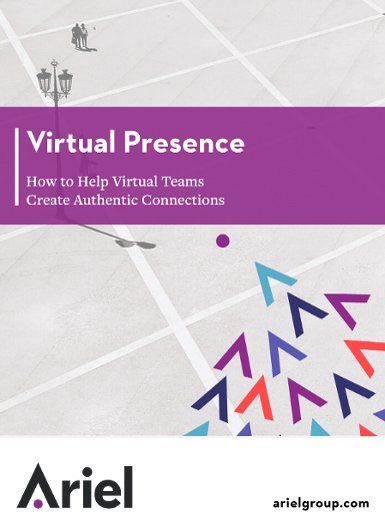From the Beach to the Office: Three Leadership Lessons

Remember that wonderful moment in the middle of your holiday, when you finally relaxed enough to actually experience a feeling of space and peacefulness, which led, perhaps, to a moment of insight or creative thinking about a problem you were trying to solve?
As we return from summer holidays to leadership and management roles within our organizations, we may have new insights and discoveries about ourselves, our relationships and, indeed, our presence that will have real value to the people we serve.
For myself, spending “quality time” with my wife and son, as well as with my closest friends, can be at once deeply rewarding and profoundly challenging. As I return to my schedule of travel and teaching this fall, I am reminded that the executives who come to me for leadership coaching are usually filled with implicit knowledge from their own lives which they have yet to transfer into tactical and practical skills in their roles as managers of people.
The ability to glean learning and value from our experiences is what defines growth and development—whether at home or in the office. Most organizations pay lip service to the ideal of “work-life balance.” Some are even effective at enforcing policies that allow employees to at least pursue that ideal.
- But what is the real value and importance of time away from work?
- What are the core principles of human communication and leadership presence that cross the boundaries of work and play?
- How can we learn to “leverage” the value of our “down” time into real and practical skills that will support our effectiveness when we are back in the office?
Spending time at the beach or cottage – alone or with family and friends – often affords a window into deeper truths about human nature. Returning to work is a stark reminder that, when measured across the full year, many of us actually spend as much or more actual time with our business associates than we do in our personal relationships.
In my practice as an executive coach, I have found that three core principles of human presence and communication are useful for executives to keep in mind as they cross between home to office:
Between Home and the Office: Three Core Principles of Presence and Communication
1. Create spaces for rest and renewal in your calendar
Remember that wonderful moment in the middle of your holiday, when you finally relaxed enough to actually experience a feeling of space and peacefulness, which led, perhaps, to a moment of insight or creative thinking about a problem you were trying to solve? Perhaps it only lasted a few seconds, and then was gone again with a clap of thunder calling you to bring in the lawn furniture or the buzzing of your blackberry reminding you to catch that flight home. But the moment was there, and it was real. That moment might never have come if you had not removed yourself from the office for long enough to change the frame of your experience.
Everyone needs a place for rest and renewal. The point is to give these moments a priority and importance – do not let them slip off the calendar because the demands of work seem so all-important.
2. Be open to the feedback you receive from your friends and family
It is a truism to say that it’s lonely at the top. Many of my most senior clients speak about the challenge of getting honest and actionable feedback, especially from those that report to them. The demands of corporate culture often require that we speak and act with a certain formality, especially when faced with challenging situations such as communicating unpleasant news or managing poor performance. In our attempt to be clear and objective at work, we may, without meaning to, appear cold and uncaring. The goal, of course, is to strike that balance between speaking the truth and retaining our compassion for others. What’s different at home, of course, is that usually our friends and children will not hesitate to give us feedback on the spot about how we are communicating!
What better place to practice and get valuable feedback about how we are perceived, than home with friends and family. It is said that leaders who score highest in measures of emotional intelligence are those who seek feedback consistently. Start with your friends and family. What they say may be the most valuable information you receive about how you are really perceived at work.
3. Remember that leadership is about service
There were times during my holidays this year when I wondered whether I was really getting the vacation from work that I had wished for. The demands of family and friends often required as much or even more energy than a typical day at the office. And sometimes the demands of the office itself intruded to the point that I realized that I was actually just as busy on my blackberry with my colleagues and clients as I was before I left for holiday!
But maybe that is the nature of work and life – perhaps a holiday is not meant to be a free ride, a complete shut down. Maybe time away from the office is just a reminder that we are always, in a sense, at work. Perhaps work is a good thing – an act of service to others.
The concept of “servant-leadership”, first coined by Robert Greenleaf in the 1970’s and reiterated by leadership theorists from Steven Covey to Peter Senge, reminds us that leadership is fundamentally not about the leader, but about those he leads.
And what better reminder of this principle than some time away from the office, where we may indeed learn again that we are always in service to somebody, and that our presence as a leader is fundamentally based on our ability to be fully present to those we serve.
